Tokyo-based Toshiba Corporation has announced that it has now transferred the remaining 19.9 per cent of its outstanding shares in its PC business (re-branded as Dynabook Inc.) to Sharp Corporation.
Helped By Foxconn
Back in June 2018, Japan’s Sharp Corp announced that it was buying Toshiba Corp’s personal computer business for $36 million. The purchase made using the considerable resources of its parent company Foxconn (the world’s biggest contract manufacturer), meant that Sharp could re-enter the PC business that it had left eight years earlier. The deal also meant that Sharp took an 80.1 per cent stake in Toshiba’s PC unit with a view to buying the remaining 19.1 per cent of shares this June. Toshiba’s latest statement confirms that Toshiba has now completed the deal and is now out of the laptop manufacturing market.
Toshiba
After making the first PC laptop in 1985 and ranking highly among the laptop manufacturers of the 1990s and early 2000s, Toshiba then faced strong competition in an ever-more-crowded market where it struggled to differentiate its products.
Toshiba had also faced problems and bad publicity over news that its CEO had known about a profit inflation scheme for some years before 2015 when it was discovered that Toshiba had been overstating its profits by an estimated £780 million. Resignations in the boardroom followed.
Consumers moving more towards phones than PCs and falling sales in recent years meant that Toshiba decided to sell most of its PC business to Sharp. Sharp renamed the PC division ‘Dynabook’ in January 2019.
Selling and closing parts of the business have been a feature of Toshiba in recent years with the sale of parts of its chip unit, the sale of its TV business to Hisense and white good business to Midea Group (in China), and the closing of its NuGen nuclear business in the UK.
What Does This Mean For Your Business?
It is sad to hear that one of the pioneers of the laptop business and a well-known and trusted brand here in the UK has finally left the PC business. This story highlights the relatively fast swing towards using smartphones and other differentiated, smaller (e.g. notepad) mobile devices in recent years, and how strong players such as Dell, Apple, Acer and others have come to dominate a busy laptop market. Toshiba also appears to have suffered from trouble at the top over the actions of its former CEO and some of its executives and this illustrates how bad publicity and loss of trust can also adversely affect a business.

